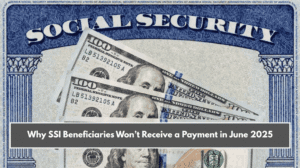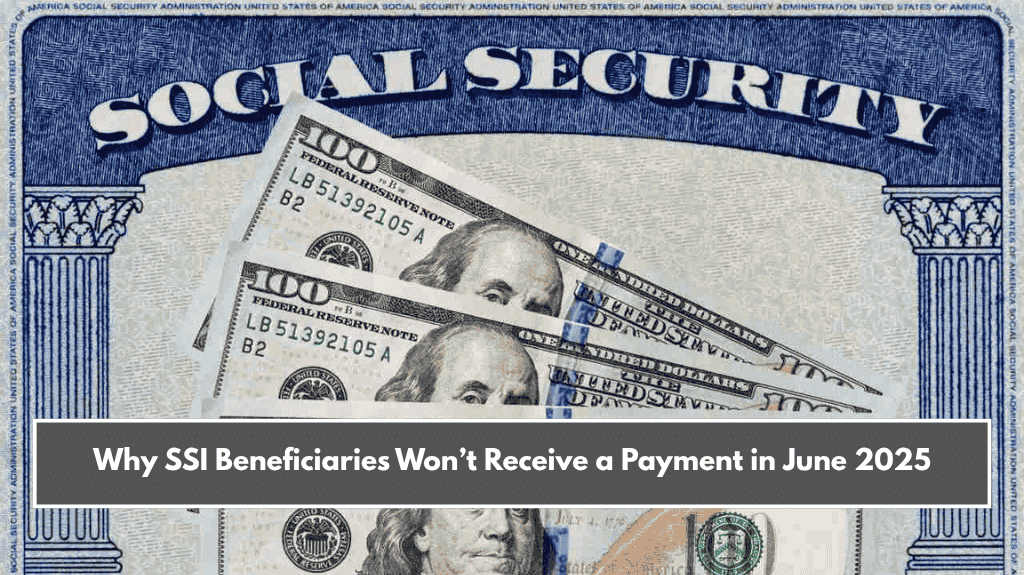Social Security is the main source of income for millions of retired Americans. But if you’re still working while collecting these benefits, there’s something very important you should know—you could lose part of your monthly payment if your earnings cross a certain limit.
This warning especially applies to people who take Social Security before full retirement age (FRA). In this article, we’ll explain the income limits, how reductions work, and how you can avoid losing money. Let’s get started.
2025 Income Limits Set by SSA
Every year, the Social Security Administration (SSA) sets income limits for people who are working while collecting retirement benefits. For 2025, these are the updated limits:
If you have not reached your full retirement age, you can earn up to $23,400 per year without any cut in your payments.
If you will reach full retirement age in 2025, you can earn up to $62,160 up to your birthday month.
Once you reach your FRA, you can earn any amount—there are no limits, and your benefits will not be reduced.
What Happens If You Go Over the Limit?
If you earn more than the limit before reaching your FRA, your Social Security benefits will be reduced. Here’s how it works:
Before FRA: SSA will cut $1 from your check for every $2 you earn over the limit.
Example: If you’re 63 and earn $28,400 in 2025, you go $5,000 over the limit. You’ll lose about $2,500 from your Social Security that year. That’s like losing nearly two months of payments if you get $1,500 monthly.
During the year you reach FRA: SSA will cut $1 for every $3 you earn over the limit before your birthday.
Example: If you earn $70,160 at age 67, you go $8,000 over the limit. You’ll lose about $2,667 from your total benefit that year.
Once you turn 67 or your full retirement age, you can earn freely—no more cuts to your checks.

Why You Need a Retirement Plan
Planning your retirement income is very important. Losing even a small part of your Social Security benefits can affect your monthly budget, especially if you are depending on it for living expenses.
If you’re okay with getting a smaller check in exchange for working more, that’s your choice. But do it with a plan so there are no surprises.
Why Do Some People Keep Working?
Retirement sounds great, but in today’s world, many people prefer to keep working after 62 or 65. Some do it to save more, others because Social Security alone may not be enough.
Also, not all jobs are the same. Working behind a counter is very different from doing construction. So, think about your health, your job type, and your financial needs before making a decision.
Smart Tip: Special Rule You Should Know
Here’s a small tip that many people don’t know:
If you start collecting Social Security in the middle of the year, you can still get your full check every month—as long as your income is below the monthly earnings limit in that month. This is called the “first-year rule.”
Also, not all income affects your benefit. The SSA only counts wages and self-employment earnings. Income from pensions, rent, dividends, interest, veterans’ benefits, or military retirement is not included in the limit.
So always check what type of income you’re getting and how it could affect your Social Security check.
Retiring while still working can help boost your savings, but if you don’t plan wisely, you could lose part of your Social Security check. Know the income limits, calculate how much you earn, and apply the rules carefully.
This isn’t just about losing money—it’s about staying prepared. Whether you want to work longer or start enjoying retirement, the key is having a clear plan. If you’re unsure, talk to a financial advisor who can guide you.















